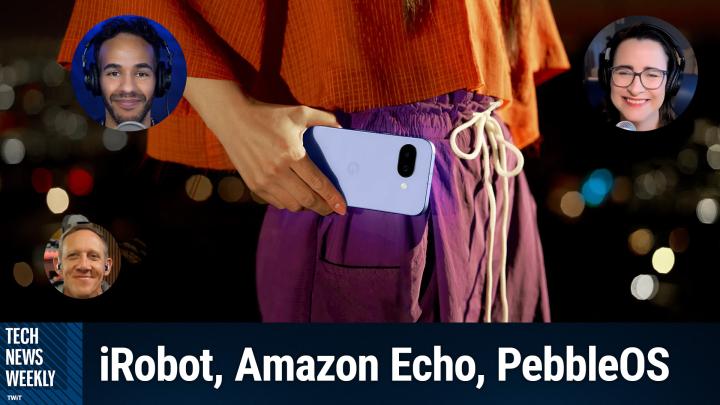Amazon Quietly Ending Voice Recording Privacy Feature on Select Echo Devices
AI-created, human-reviewed.
Amazon is removing a privacy feature that allowed users of three specific Echo device models to prevent their voice recordings from being sent to Amazon's cloud. As Jennifer Pattison Tuohy explained in a recent episode of Tech News Weekly, this change affects the Echo Dot (4th Gen), Echo Show 15 (1st Gen), and Echo Show 10—the only Echo devices that offered this particular privacy option.
The change, effective March 28th, means that all voice commands to these devices will now be processed in Amazon's cloud—including the actual audio recordings of your voice. Previously, users of these three models could opt to send only text transcripts of their commands to Amazon, keeping their actual voice recordings local to the device.
"This isn't actually that big a change," explained Tuohy, noting that even with the privacy feature enabled, Amazon was still receiving transcripts of everything users said. "It's just not in your tone and intonation, but just written." The distinction is important—Amazon has always processed user commands in the cloud, as Echo devices don't have the capability to process voice commands locally.
For those concerned about this change, Amazon will automatically switch affected devices to delete recordings after processing. Users can verify this setting in their Alexa app by going to the privacy settings. "You could have always been able to go into your Amazon Alexa settings and turn off, so you can choose for how long it stores your voice recordings," Tuohy noted, with "never" being one of the available options.
Amazon attributes the change to the upcoming launch of Alexa AI (also called Alexa Plus), the company's generative AI-powered version of its voice assistant. According to Amazon, this new AI functionality requires voice processing in the cloud, necessitating the removal of the local-only option.
The discussion highlighted a broader tension in smart home technology: convenience versus privacy. "In the smart home, it's a whole different ballgame," Tuohy explained, pointing out that unlike personal devices, smart home technology affects everyone in your household—including visitors. "The privacy is not just about you anymore, it's about your entire household."
For users uncomfortable with this change, the options are limited. You can continue using these devices with the auto-delete setting enabled, or you can stop using them altogether. This reflects the fundamental reality of most smart home technology—a certain level of data sharing is required for the functionality these devices provide.
Looking ahead, Tuohy suggested that advanced features from generative AI might eventually make these privacy trade-offs more worthwhile for consumers. "The smart home hasn't really been quite as convenient as it had been promised, and I think with generative AI in the smart home, we are going to see things get a lot easier, so we may feel more comfortable with that payoff."
Ultimately, using any internet-connected device involves a measure of trust in the companies that make them. As Tuohy summarized, "No matter how hard a company tries to protect things, once you put things out there on the internet or connect things to the internet, there is a vulnerability there that you always have to be aware of."
